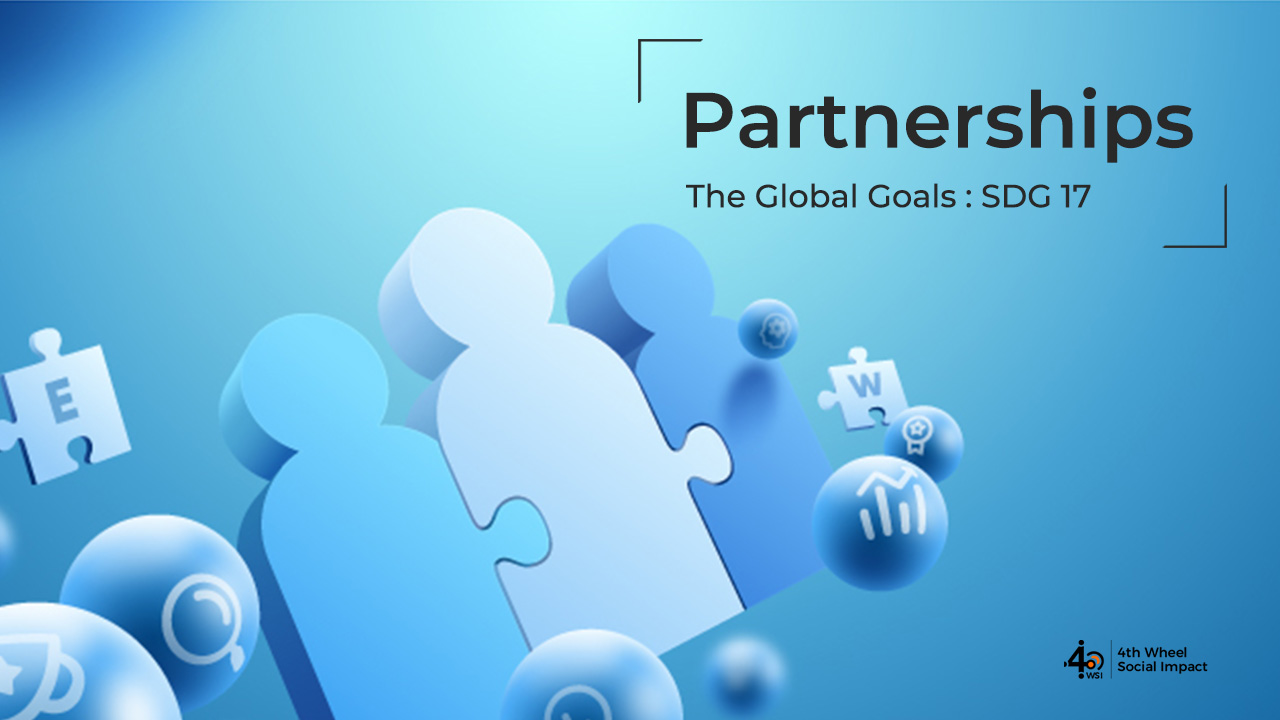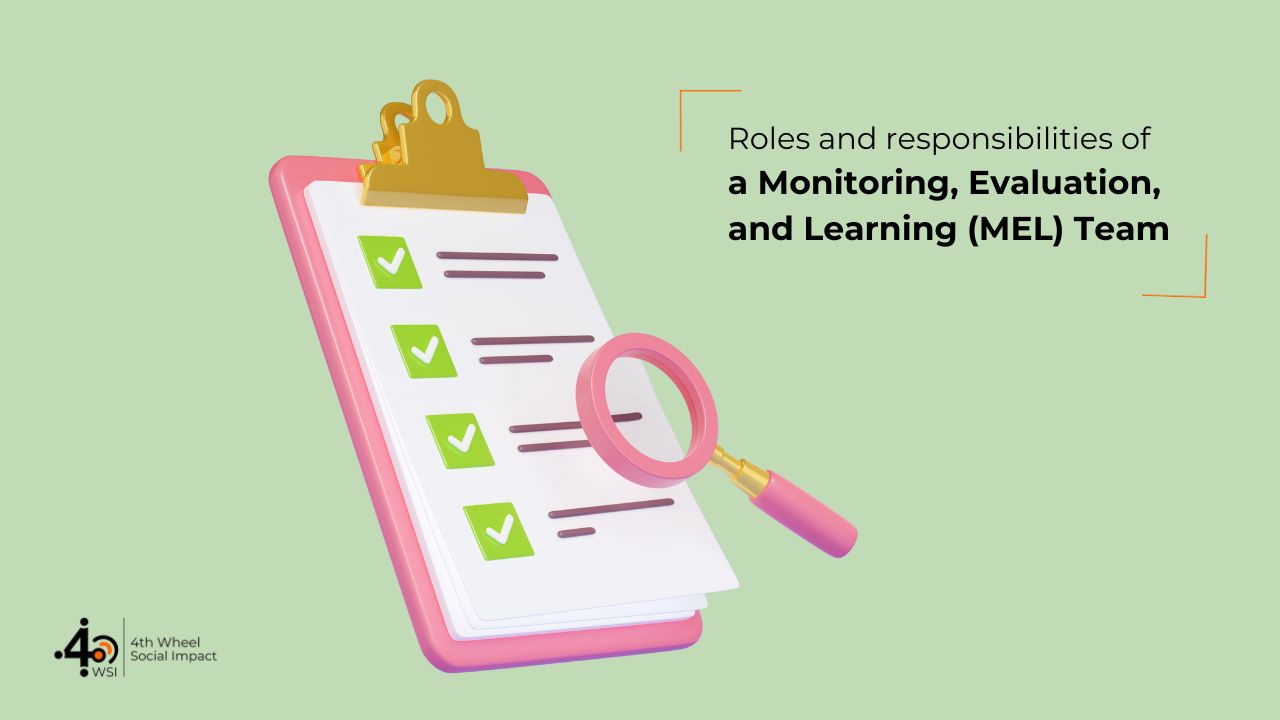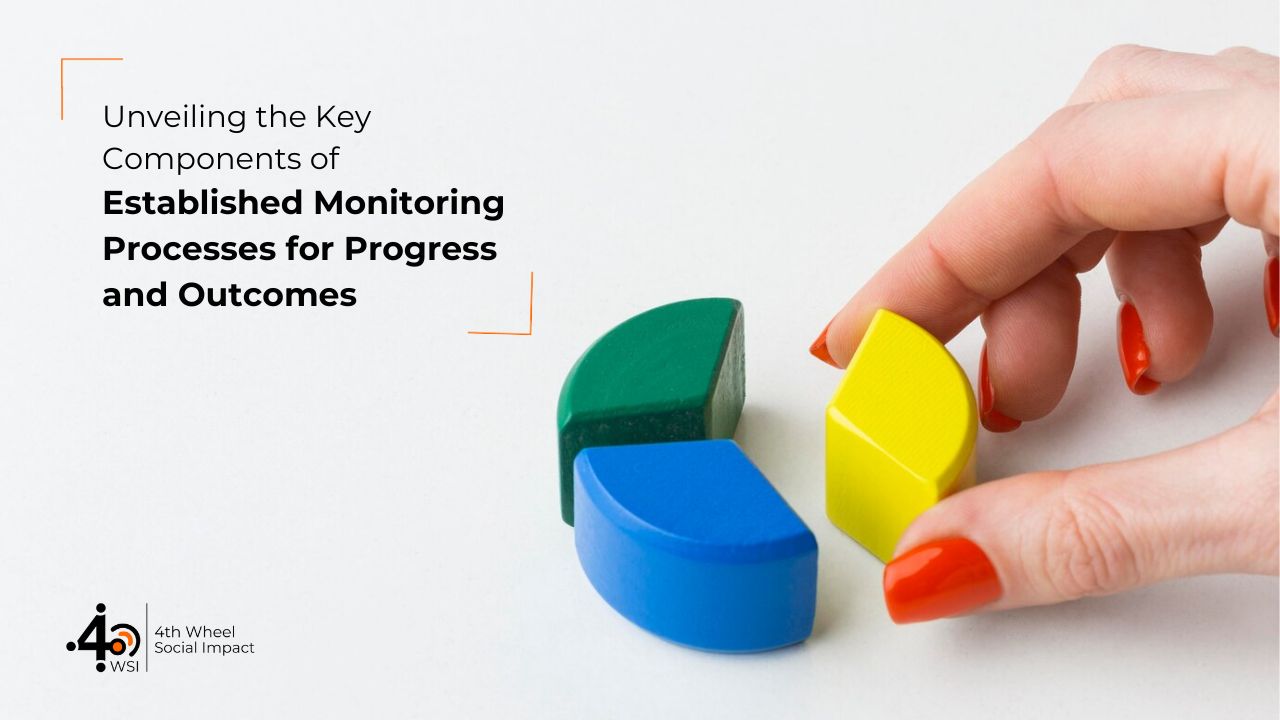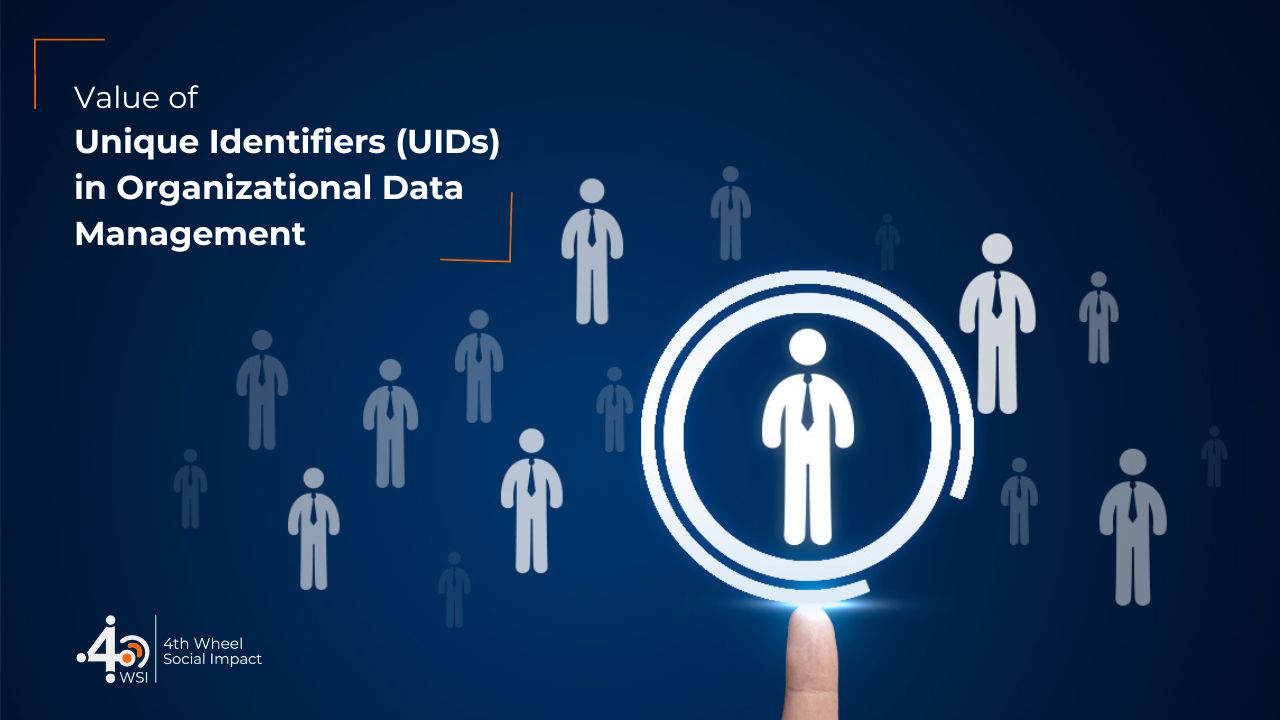Cross-sector partnerships are the ‘development approach of our time’. Multi-stakeholder partnerships are expected to play an increasingly important role in the implementation of the 2030 Development Agenda, which has 17 inter-linked and universal Sustainable Development Goals (SDGs) at its core.
These partnerships between Governments, NGOs, Corporates and multilateral organisations help to pool core competencies, share risks, responsibilities, resources, costs, and benefits. They draw on diverse competencies of partners to tackle problems that individual organisations (or even whole sectors) cannot solve by working independently.
It is widely recognised that while India has very well-designed programmes that have a wide outreach, bottlenecks in service delivery hamper harnessing the full potential of these programmes. Traditionally, governments are responsible for the delivery of essential services that meet basic needs. In recent years, recognising the complementary contribution of their particular resources and expertise, both the private sector and civil society have begun to play an important role in service provision.
There is one Non-Governmental Organisation (NGO) in India for every 600 people, and yet development indicators are not progressing as projected. The 2 million social entrepreneurs in India are struggling to scale their innovative solutions due to a lack of access to remote areas and funds to scale. In recognition of the complementary contribution of their particular resources and strengths, and with a shifting political environment towards mandatory Corporate Social Responsibility (CSR), corporates have begun to play an important role in social service provision. Research done by PwC and Ernst & Young shows that approximately 20 to 22 thousand crores are available to be invested in the social sector, under the CSR clause of the new companies Act 2013.
It is the call of the hour to bridge gaps between these three stakeholders and jointly bring together scalable and measurable solutions, making use of combined resources, existing policies, and grassroots learning and experiences.
Through partnering, governments can gain greater insight into economic and demographic trends and improve their public accountability and coordination with other agencies while third sector organisations can get access to services, resources, and expert support to help scale programmes and increase efficiency.
The integration of multiple actors in social development efforts, unfortunately, does not always go smoothly. Working separately, different sectors have developed activities in isolation – far too often competing with each other or duplicating efforts and wasting valuable resources. Players do not share the same language and understanding and are applying “old-style thinking”, working in silos being sceptical about the others, instead of daring “new-style thinking”, and making use of inter-sectoral and interdisciplinary collaborations.
I believe that innovations and cross-sector collaborations have tremendous potential to enable participatory, inclusive, and sustainable development in India. Collective (collaborative) governance should be promoted, which is solutions-oriented, where diverse stakeholders work in partnership to improve social service delivery.
Fostering, connecting, and nurturing new combinations of resources, ideas and people is essential for creating desired social change. The pooling of resources, knowledge, experiences, and other capabilities of a diverse range of stakeholders, to strengthen their capacities to affect change, is what should be facilitated.
Multi-stakeholder initiatives which are developed, should complement, not replace Governments in efforts to achieve development results. Efforts should encourage the Government’s role in the social development space, to be more of a manager and supporter than an implementer.
Finally, I would like to leave the readers with a question- What systems, incentives, processes, and laws should we introduce to motivate and further cross-sector partnerships in India?
This post is written by Sharon Weir, Co-Founder of 4th Wheel Social Impact.




